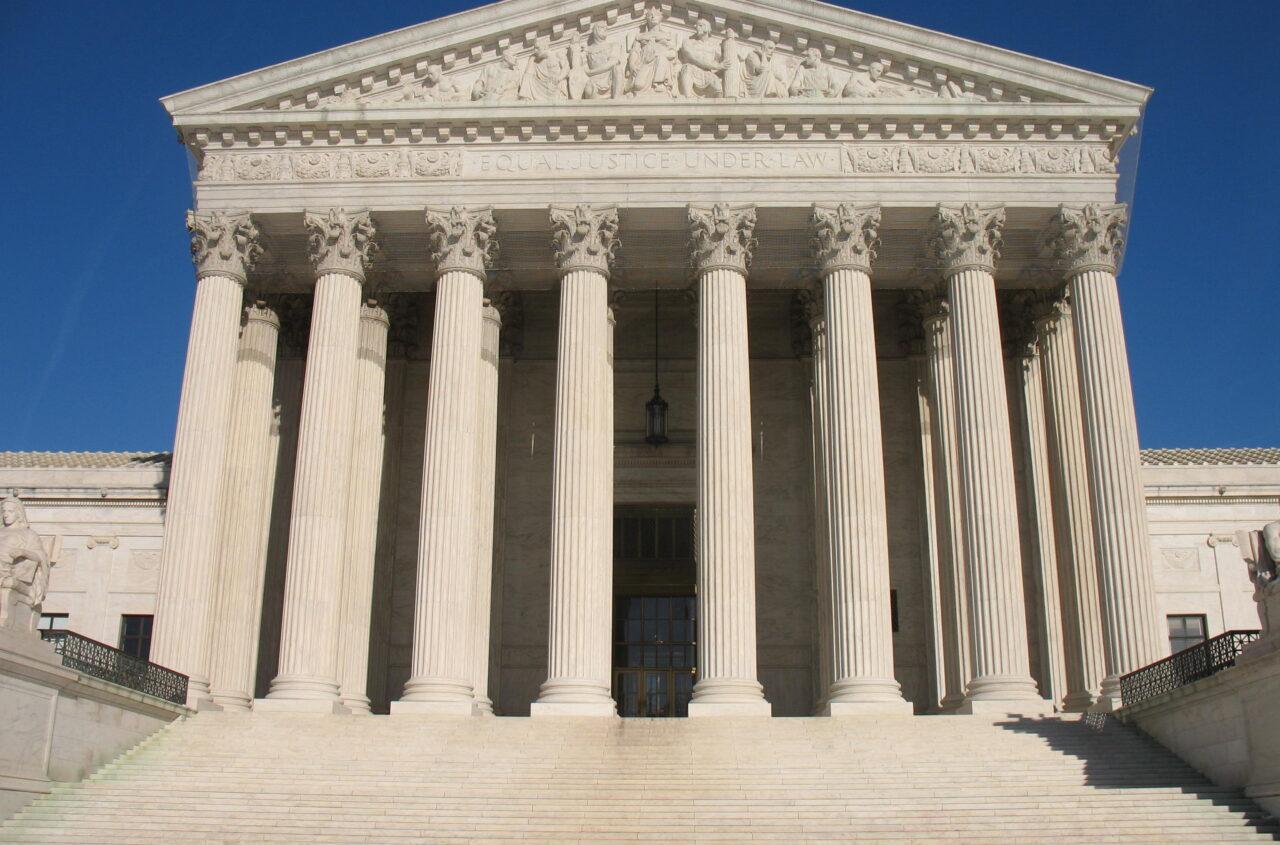
Chief Justice John Roberts Defends Judicial Independence Amid Rising Challenges
Using an annual report weeks before President-elect Donald Trump takes office to underline the value of an independent court, Supreme Court Chief Justice John Roberts blasted what he called “dangerous” speech by some authorities about rejecting federal court orders.
Roberts noted in the report, published by the Supreme Court on Tuesday, officials “from across the political spectrum have raised the spectre of open disregard for federal court rulings.” “These dangerous suggestions, however sporadic, must be strongly refuted.”
The chief justice didn’t identify which officials he had in mind — although both Republicans and Democrats have hinted at disobeying court orders in recent years. Still, Roberts’ year-end message fell days before the January 20 inauguration of a president who has regularly criticized the federal court as unfair.
Trump’s agenda, especially on immigration, may send the incoming president on a collision path next year with a Supreme Court he helped to assemble by selecting three conservative justices during his first term.
“Every administration suffers defeats in the court system – sometimes in cases with major ramifications,” Roberts wrote. And yet, he continued, “for the past several decades,” both parties have accepted court decisions and have headed off the kind of constitutional disputes that erupted during the civil rights era when several southern states defied court orders to integrate.
Roberts, in particular, cited to moves by the Eisenhower and Kennedy administrations to enforce school desegregation decrees. In 1957, for instance, President Dwight Eisenhower dispatched the 101st Airborne Division to Little Rock to integrate its schools after administrators sought to disobey Supreme Court orders that deemed segregated schools unconstitutional.
Roberts bemoaned that “public officials,” whom he again did not identify, had “regrettably” attempted to frighten judges by “suggesting political bias in the judge’s adverse rulings without a credible basis for such allegations.” Those initiatives, he cautioned, are “inappropriate and should be vigorously opposed.”
As in past years, the chief justice avoided direct mention of the controversies and challenges brewing within the Supreme Court itself – including lingering questions about ethics, a weekslong scandal this year over controversial flags hoisted at Justice Samuel Alito’s properties and sagging public confidence in the nation’s highest court.
In a series of interviews before the election, Vice President-elect JD Vance raised doubts about his commitment to Supreme Court decisions. In a 2021 podcast, as The New York Times previously reported, Vance pushed Trump to respond to adverse court orders “like Andrew Jackson did and say, ‘The chief justice has made his ruling. Now let him enforce it.’”
The possibly mythical comment was in response to an 1832 decision Jackson opposed that dealt with Native Americans.
Trump himself has regularly attacked federal courts – including the Supreme Court – over adverse decisions. A spokesperson for Trump’s campaign earlier this week criticized the “political weaponization of our justice system” in a response to a federal appeals court ruling in New York that affirmed a jury’s verdict finding that the former president sexually molested writer E. Jean Carroll.
Democrats, too, have toyed publicly with withdrawing to implement court orders. New York Rep. Alexandria Ocasio-Cortez attracted flak last year for urging on CNN that the Biden administration “ignore” a district court order that would have suspended Food and Drug Administration of the abortion drug mifepristone. The Supreme Court halted that judgment and, in June, rejected the complaint seeking broader access to the medicine.
Roberts has regularly used his year-end report to laud the significance of an independent judiciary and to sound an alarm about threats of violence against judges. Two years ago, in a similar vein, he underscored that “a judicial system cannot and should not live in fear.”
In this year’s report, Roberts said that “hostile foreign state actors” had accelerated attacks on the court and other branches. In some instances, he claimed, “bots distort judicial decisions, using fake or exaggerated narratives to foment discord within our democracy.”
The report came at the end of a year in which the conservative 6-3 majority granted former presidents extensive immunity from criminal prosecution — and on a timeframe that allowed Trump to avoid a trial on federal charges in two cases before the November election. This fall, the court is diving into transgender care prohibitions and a First Amendment challenge to a bipartisan ban on TikTok.
“The role of the judicial branch,” Roberts said, is “to say what the law is.”
But, he continued, “judicial independence is undermined unless the other branches are firm in their responsibility to enforce the court’s decrees.”
more stories
Wayne Osmond of The Osmonds Dies at 73: A Legacy of Music, Faith, and Family.
“Jocelyn Wildenstein, Iconic Socialite Known as ‘Catwoman,’ Passes Away”
Why Halifax Airport Flights Are Departures Today